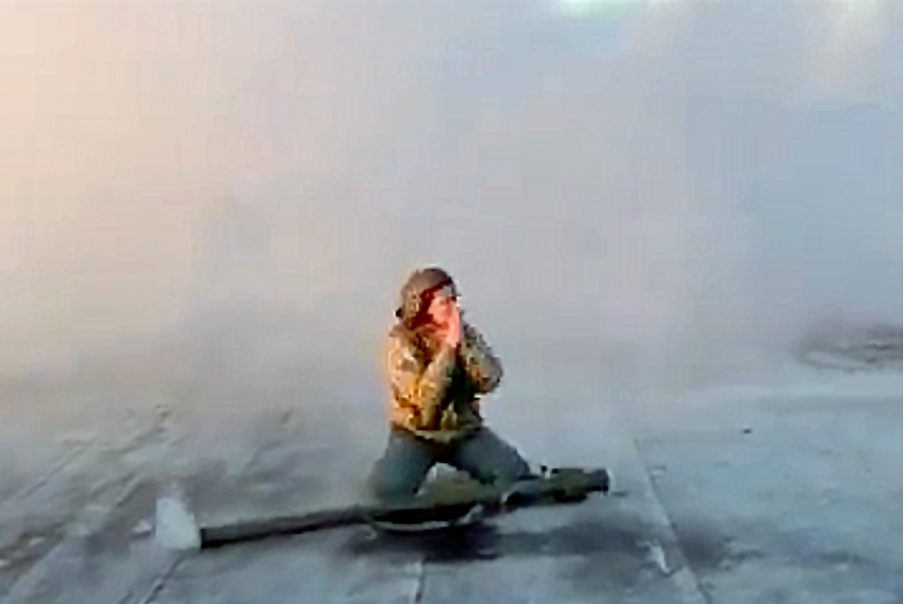- The Russian government has initiated further restrictions on the use of digital telecommunications in Russia. On 12 July 2024, Russian State Duma Deputy Anton Nemkin stated in an interview that Russian authorities had begun to slow down traffic on the encrypted messaging app WhatsApp. The public explanation is to limit the ability of extremist groups to communicate. Under Russian government definitions this likely also includes constraining the ability of opposition activists and those opposed to the war in Ukraine to organise and communicate
- Separately on 12 July 2024, Russian independent media reported that disruption to the YouTube online video platform was due to deliberate slowdowns in traffic by the Russian government. The Presidential Administration is reportedly likely to block YouTube altogether in September 2024. YouTube is relatively popular in Russia, and has been used by opposition activists, most notably the late Alexei Navalny, to disseminate criticism of the Russian government.
- As with recent proscription of independent media organisations, and the restriction of other secure communication means these measures represent an acceleration in the long-standing trend increasing government control over access to media and information in Russia. These restrictions in access to social media platforms are likely designed to ensure that the Russian population are only able to access media that conforms to government-controlled narratives.By restricting more secure means of private communication, government surveillance of potential dissenters will be easier, and will create a climate of fear and self-censorship among those who might be critical of the regime.
To suggest a correction or clarification, write to us here
You can also highlight the text and press Ctrl + Enter
You can also highlight the text and press Ctrl + Enter







